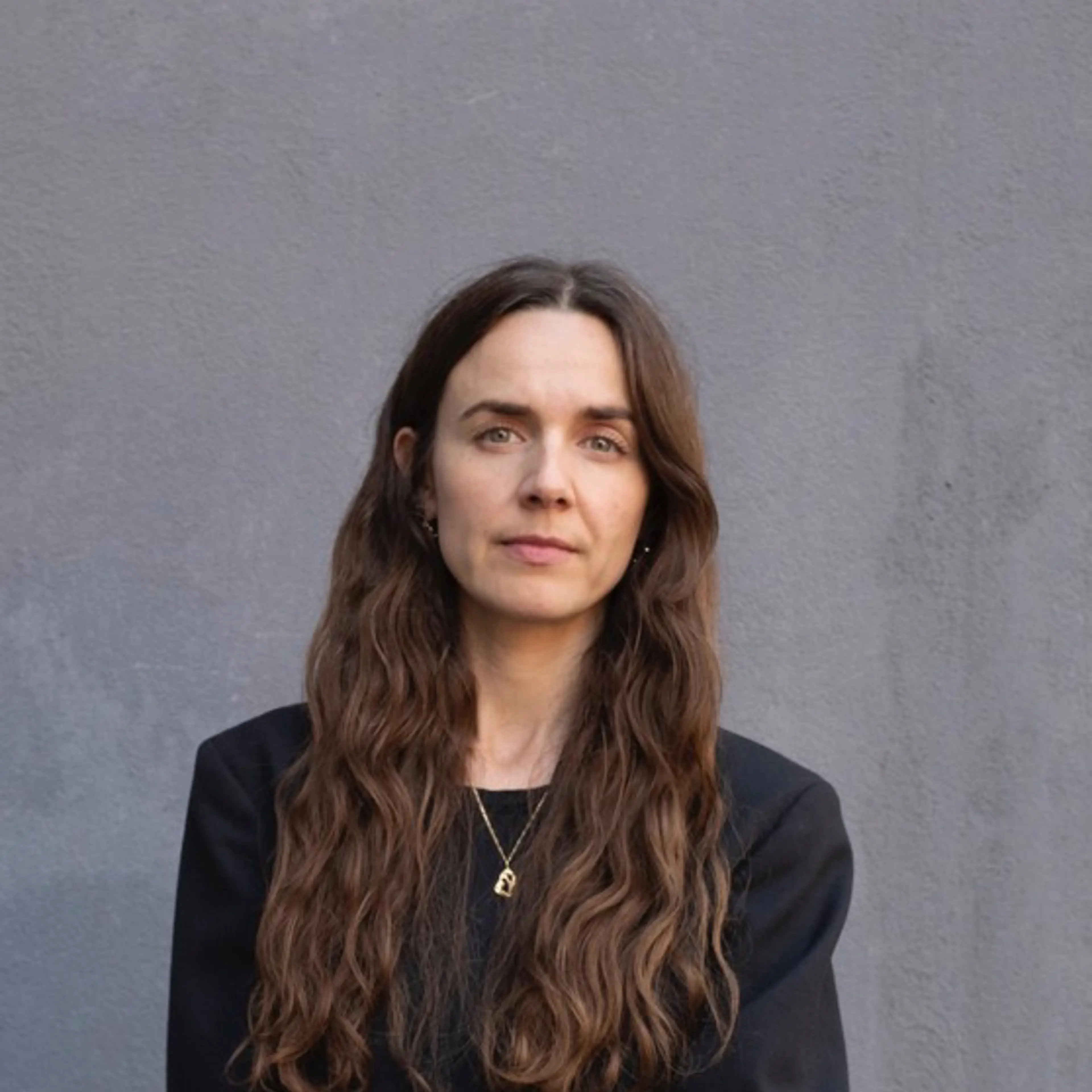While the Coronavirus pandemic rages around the world, it’s bringing with it a financial crisis that’s set to have a devastating impact on the economy. But while the International Monetary Fund (IMF) predicts that this economic pitfall will be at least on par with the 2008 global recession, other experts aren’t so sure. Professor of Finance Jesper Rangvid chaired a government-commissioned investigation into the causes of Denmark’s last financial crash, and he argues that we’re facing a different set of circumstances that will bring about a different outcome this time.
"There is hope that this will be reasonably short-lived"
We asked Jesper Rangvid, the world-renowned Professor of Finance and EMBA Associate Dean here at Copenhagen Business School to give us his thoughts on the Coronavirus crisis and its impact on the financial markets. Thankfully, he was not too pessimistic about the situation…
Jesper RangvidCBS MBA WEBINAR
“Firstly, and let me be clear, we are facing a very deep recession. Hopefully it will be short-lived, but it will be very deep,” says Prof. Rangvid. “And while that’s naturally upsetting and a difficult prospect to be facing, there are positives that we can take from this situation
“To understand where we are today and how it will impact upon tomorrow, we should first look to what happened before”, continues Prof. Rangvid. “As we’re talking today [20 March], the impact on the global economy has already been incredibly strong within a very short period of time. In fact, two or three weeks ago, you couldn’t see any real economic warning signs and yet today everything has been completely turned upside down. This is incredibly fast and the stock markets have already dropped to a lower point than even during autumn 2008.
The Copenhagen Business School EMBA Associate Dean continues: “The critical difference is that, back then, we could see the first signs a long way off – as far back as the summer of 2007.” And while foreseeing the future of the economic markets is fraught with uncertainty, he believes that there are reasons for optimism.
“The chain of events is very different to previous serious crises. During the early 30s [Great Depression] and 2008 the banks were in trouble. So when the stock markets fell, banks fell, and when firms needed finance, they were unable to get it from those banks. Today, it’s the opposite. Firms have been the first organisations to face serious challenges, then the stock markets. But banks are more robust today and should be able to ride out the storm.
“We know from history that banks are super important for economic activity. And if the banks are in trouble, we are all in trouble. But if we can avoid that happening – and I believe we can – there is hope that this will be a reasonably short lived, even if it will be a very deep, recession. It depends on the virus itself, but if the impact is contained within three months or so, companies will be able to avoid laying off too many staff and the economy should start to recover quite quickly.”
Similarly, Prof. Rangvid is encouraged by the strength of the world’s financial institutions today, compared with 2008. “The important point is that the financial system is considerably more resilient than it was back then,” he says. “This has been one of the major learnings that will have a huge difference upon us. In 2008, the whole situation was too fragile. Regulators and banks have learned so many lessons and put so many systems in place. It’s a different scenario altogether and banks have much more liquidity and more capital. That’s reassuring.”
When it comes to our reaction to the crisis, Prof. Rangvid is keen to see a swift and wide-ranging response from governments the world over. He believes that their actions will set the course for what happens next. “I actually think it’s important how governments behave; they simply have to help firms at this stage,” he explains. “It is very difficult for businesses to see their revenue fall to zero and so governments have to take drastic measures such as providing salary subsidies and so on. This will enable firms to scale back up, restart production or restore normal operating conditions as soon as the worst is over in – hopefully – a reasonably short period of time. Time will be of the essence.”
“Ultimately,” he continues, “this is about the length of the pandemic and that is not my area of expertise! But if it does stop within a few months, as the medical experts argue and experience from China tells, we will know what to look for from an economic perspective. This also means that if the pandemic drags out, the situation might turn out to be worse than what I predict here. It will thus be crucial whether we will be seeing signs that the financial markets are stabilising? Do we see flattening out? Financial markets are forward looking and they will react to how people feel and the wider situation.”
These are just some of the issues covered by Professor Rangvid in the EMBA Finance Concentration / Executive Certificate at Copenhagen Business School. He explains: “If you come to CBS, these are precisely the things that we will talk about and show you how to navigate. We’ll see how sudden changes play out in global financial markets and consider what are the tools that governments can use to offer help? Similarly, how do firms use these tools?
“Future business owners need to learn how to mitigate for and react to the natural peaks and troughs of the market; most of the time there will be expansion but sometimes there will be drops. What are the risks involved? Where are the opportunities? And how big are they? None of us knows what the future holds, but it certainly pays to study what’s happened before.”
Learn more about the CBS Executive MBA.


